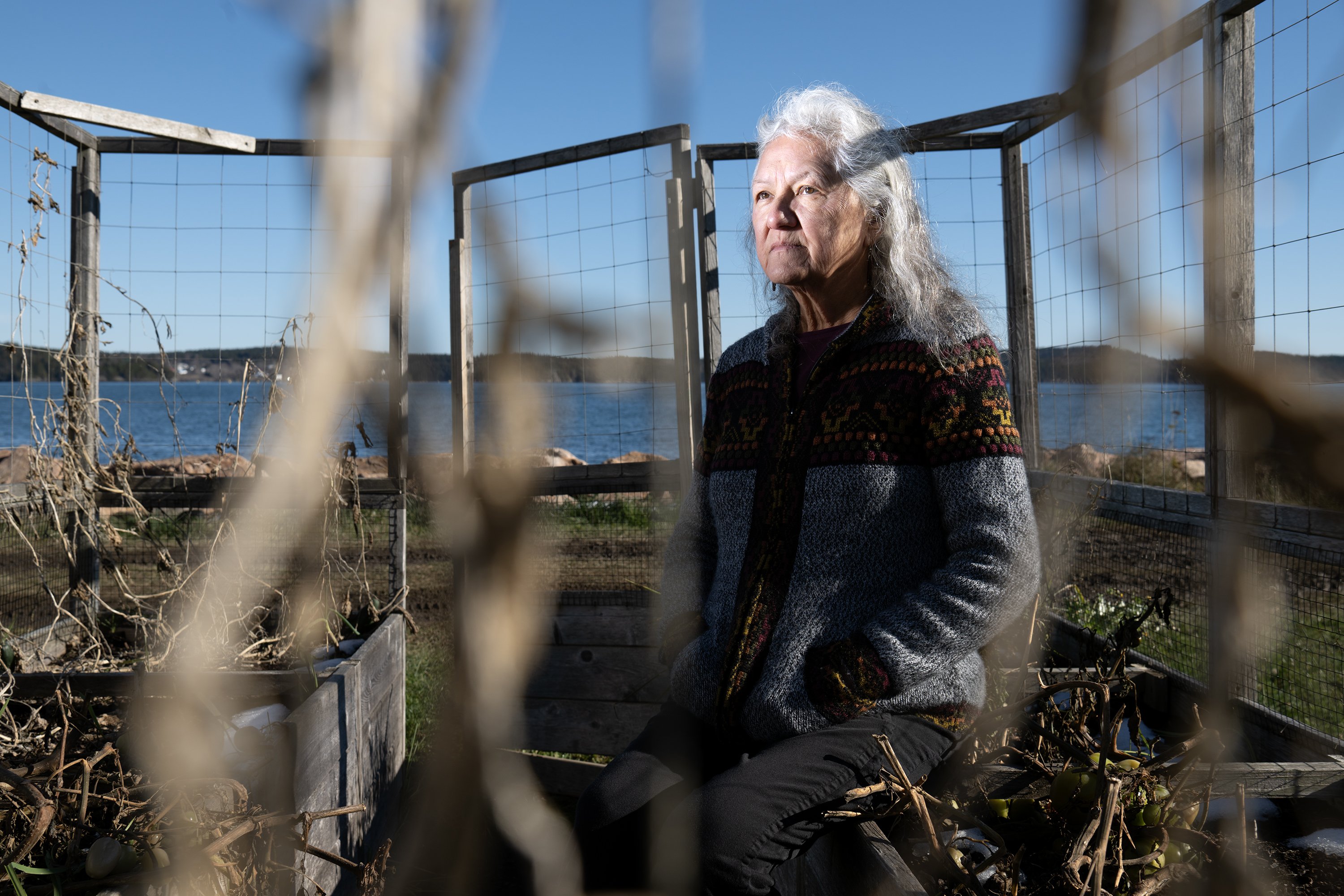

For thousands of years preceding European contact, Wabanaki people were sustained by massive populations of sea-run fish in Maine’s rivers. Brought to life through the voices of individual Wabanaki tribal citizens, SEA RUN examines the factors that limited tribal people’s access to the fisheries and contributed to the severe decline in the fisheries themselves, and offers recommendations for their revitalization.
We are pleased to offer SEA RUN as an audiobook, made possible with generous support from the Sewall Foundation.

In this short (just over 3 minute) video we provide an overview of MITSC and its origins.
ViewSIPAYIK — When Gail Dana reflects on the status of the Passamaquoddy language, she can’t help but speak in oceanic analogies.
“We know we can’t turn the tide. We see that every single day,” she said, gazing over the bay into New Brunswick from a chair outside the meal site where elders gather on the Passamaquoddy Reservation at Sipayik (Pleasant Point). “That doesn’t mean that we can’t go out with the tide and come back in and be stronger every time.”

We are building a comprehensive library collection of legal, historical, and culturally informative materials concerning the history of Tribal-State relations and the Maine Indian Claims Settlement Act of 1980.
Visit the MITSC LibraryIn December, 2022, MITSC completed and published a special report, Sea Run, which addresses the impact of Maine policies and activity on the quality and quantity of traditional tribal fish stocks and sustenance lifeways practices, spanning from the time of first contact between Europeans and the Wabanaki Nations to the present day. This report provides a broad overview of actions and inactions by the State of Maine, whether those actions/inactions were based on express policy, informal policy, or on decisions simply not to have any policy at all. The report includes specific recommendations for implementation that are intended to promote discussion and cooperative action.
Twenty-one years after the Maine Legislature passed a groundbreaking law requiring all schools to teach Maine K-12 students about Wabanaki territories, economic systems, cultural systems, governments and political systems, as well as the Wabanaki tribes’ relationships with local, state, national and international governments, four organizations are releasing a report analyzing the law’s implementation thus far and suggesting ways to improve compliance at the state and local level.
MITSC regulates fishing on certain waters within and bordering Indian territory under the Maine Indian Claims Settlement Act of 1980. You can find our current fishing rules here. We are in the process of updating them, so please check back for updates.

Since time immemorial, the indigenous Wabanaki people have lived on the land that is now called Maine and Canada. Today, there are four federally recognized tribal nations in Maine: the Houlton Band of Maliseet Indians, the Mi’kmaq Nation, the Passamaquoddy Tribe, and the Penobscot Nation. Collectively, they are known as the Wabanaki, or “People of the First Light or Dawnland.”
The Wabanaki Confederacy’s support of the American colonists against the British during the Revolutionary War was critically important. In 2020, the Wabanaki Alliance was formed to educate people about the need to secure the sovereignty of the Wabanaki tribal nations in Maine.